What do peers say and do with two year-olds?
Peers' pedagogical roles extend beyond assisting teachers; they also influence two-year-olds differently when teachers aren't present, revealing a complex dynamic.
Peers played a much more complex pedagogical role than we had previously realised. They engaged with the two year-olds as partners in dialogue with teachers; but they also played important, and very different roles with two year-olds when teachers were out of sight.
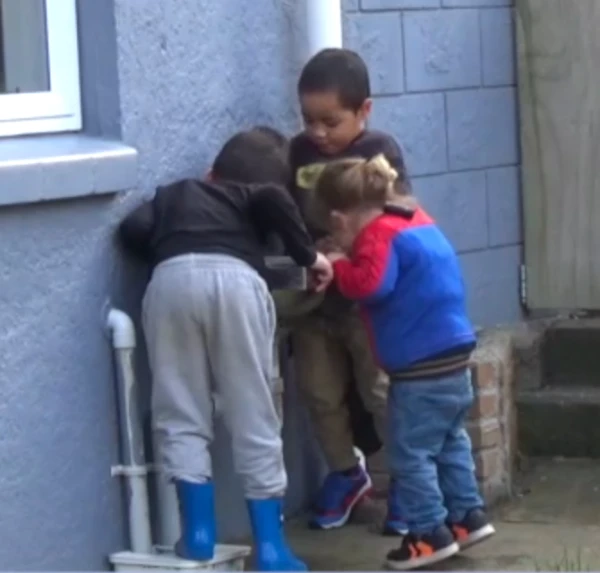
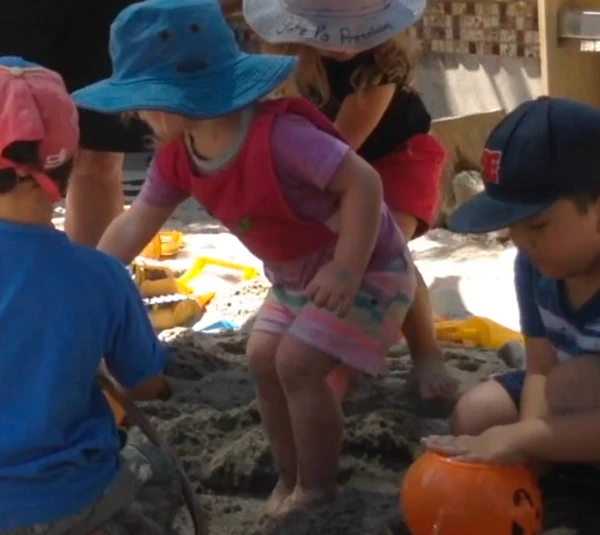
Peers used the following strategies in their dialogues with two year-olds:
- Demonstrate
- Instruct, suggest or offer
- Moderate
- Subvert
There is such complexity in what two year-olds are doing to be successful in these environments. It's really very sophisticated!
Teacher
Our findings reinforce those of Tobin et al who found that older 'preschool' peers can play an important pedagogical role with their younger peers if they are given the opportunity.
Demonstrate
Demonstrate was employed significantly more by peers with two year-olds than any other form of language. It was often nonverbal and utilised across all genres.
In the polyphonic clip below we see how peers demonstrate to two year-old Zion how to "break the rules" concerning their engagement with water. The 360 degree camera highlights how these dialogues alter when the teacher is out of sight.

We have had our emphasis on tuakana-teina relationships strengthened but we now also realise that the two year-olds can also be tuakana and rangatira when their dialogues are granted legitimacy in our centre.
Teacher
Bev points out the carnivalesque genre that took place in the above clip. Peers played an important role in introducing this type of humour to two year-olds - often subverting the learning agenda 'behind the teacher's back'!
Teachers came to appreciate these acts as an important means of developing humour, risk-taking and peer entry rather than seeing them as problematic.
Instruct, suggest or offer
Like teachers, peers used these strategies often to support two year-old dialogues. Instructing, suggesting or offering was used considerably more than previously thought. In particular, peers played a significant instructive role during i.) routines e.g., helping two year-olds wash their hands; ii.) imaginative play e.g., pretending to prepare a meal in the family area; and iii.) during transitions where peers were able to show the two year-olds what to do next.
Lesley Rameka, Ali Glasgow and Megan Fitzgerald (2016), have already discussed the importance of tuakana-teina roles in New Zealand mixed age settings, but here we see their significance for two year-olds in 'preschools' too.
Here is one of several examples we discovered, listen to Shavaurn discuss the impact of this understanding for her:
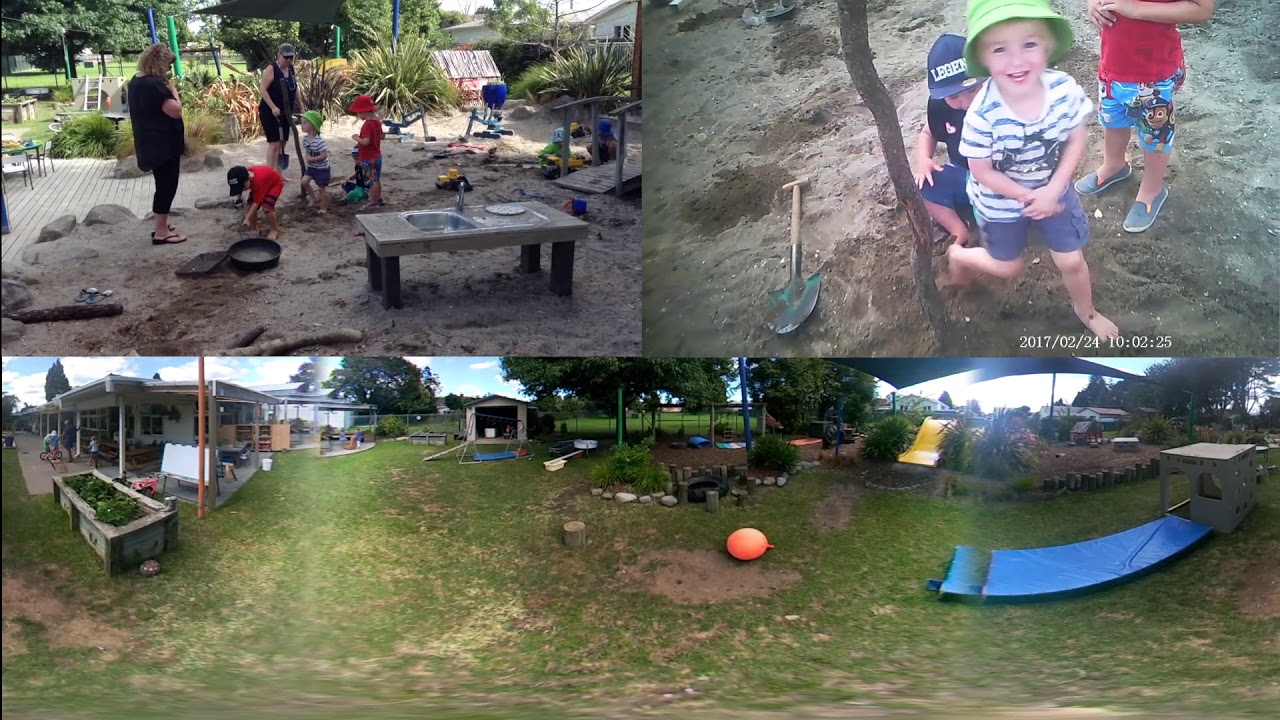
Moderate
In these 'preschool' settings peers played an important moderating role.
The rules that two year-olds must negotiate in 'preschool' spaces are complex. That peers can play an important role in moderating two year-old dialogue offers teachers an opportunity to recognise the mediating potential within the wider group.
Watch the following polyphonic footage of Zion with his older peers as they negotiate their roles in a construction genre with duplo. Listen to Bev's insights as she unpacks this event and reflects on what this means for her pedagogy:
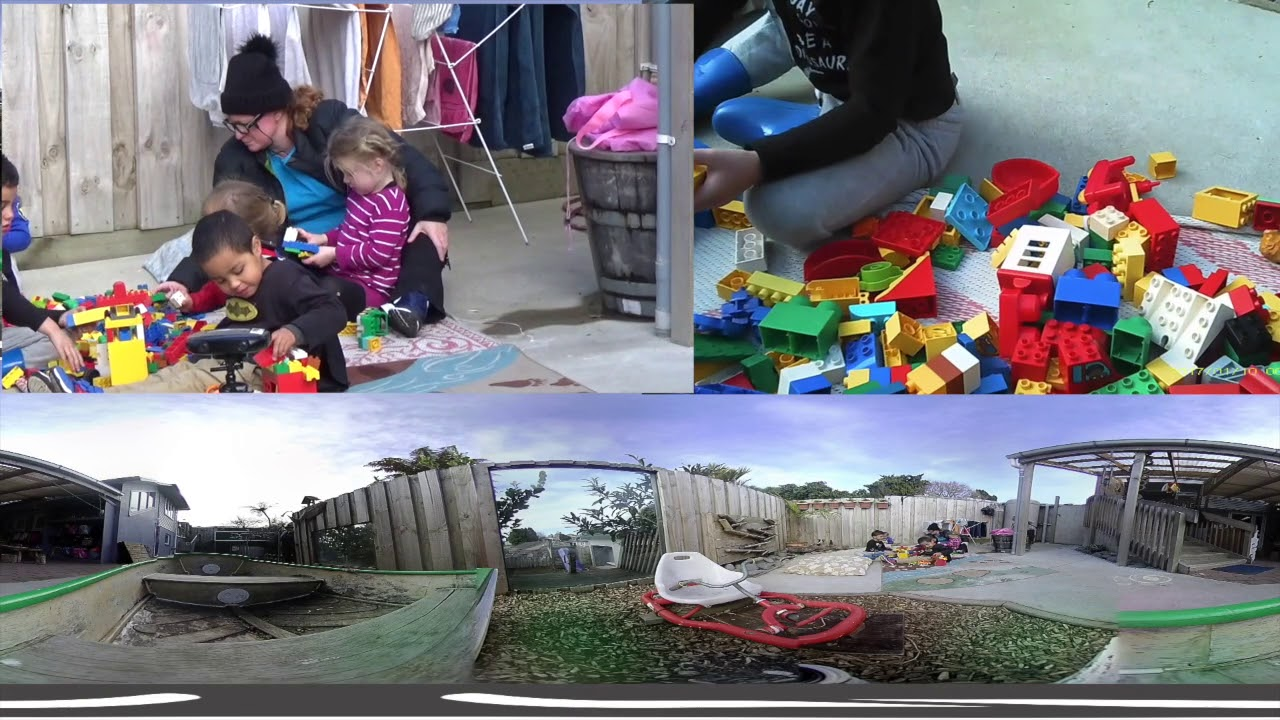
Subvert
Perhaps the most creative strategy peers used in their dialogues with two year-olds was found in imaginative play genre, outside of the visual field of teachers. We interpret these as taking place in the ECE 'underground'.
By dialogue that has gone underground we mean the two year-old says or does something that is not necessarily approved of by teachers in the official discourse. For teachers these dialogues were often unknown and, before this study, dismissed when they were noticed.
Watch the 360 Degree footage below of Zion and his older peers. Note their location in the wider outdoor environment as you listen to Caroline share her revelations:
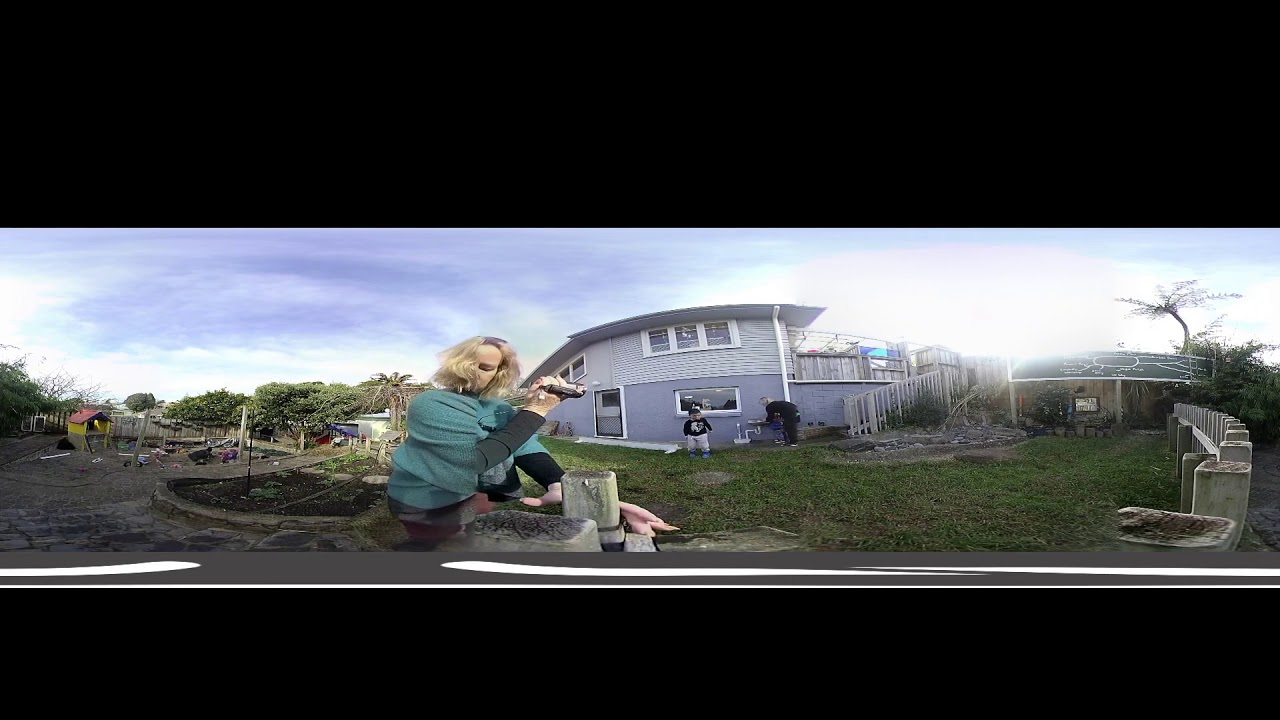
For further reading see Jayne's Introducing dialogic pedagogy book which offers further insights into the Bakhtinian notion of underground.